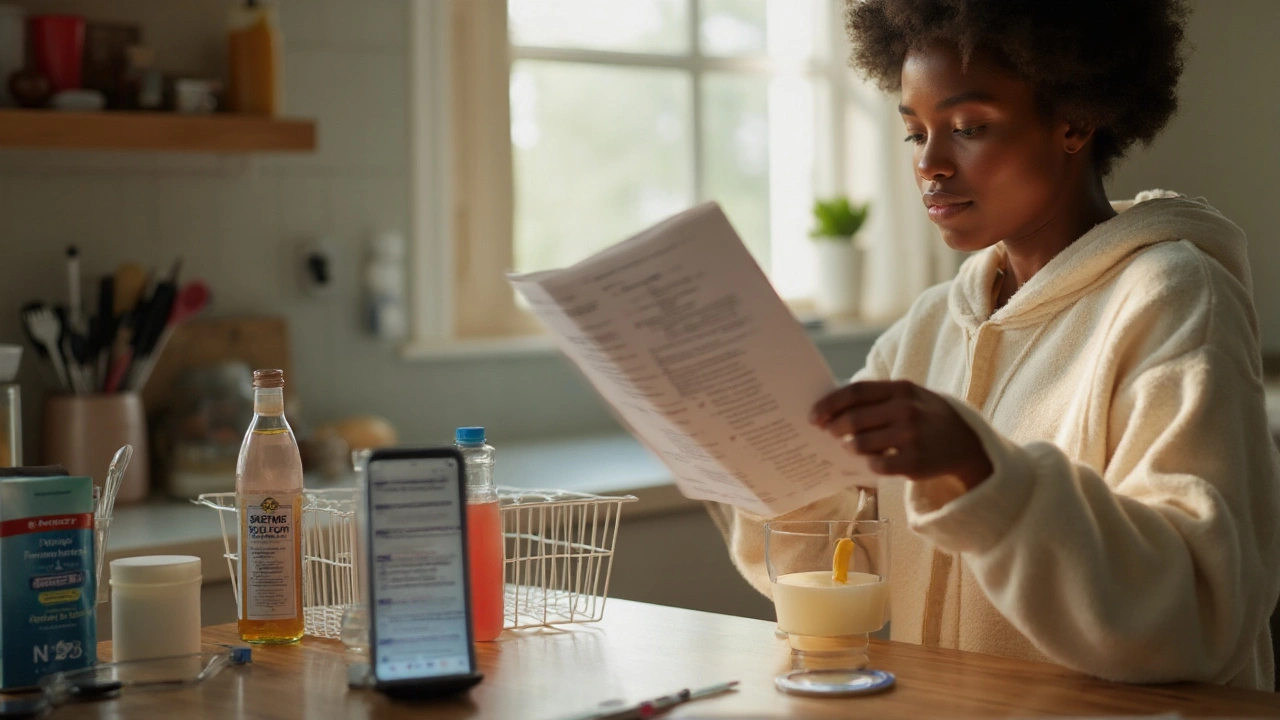Intestinal Infection: Quick Facts, Symptoms, and How to Get Better
If your stomach feels upset, you’re constantly running to the bathroom, or you have a fever that won’t quit, you might be dealing with an intestinal infection. It’s basically any infection that attacks the lining of your gut, typically caused by bacteria, viruses, or parasites. While most infections clear up on their own, some need medical help to avoid complications.
Typical signs include watery diarrhea, abdominal cramps, nausea, vomiting, and sometimes blood in the stool. You may also feel weak, have a mild fever, or lose appetite. These symptoms can appear within a few hours to a couple of days after you’re exposed to the germ.
What Triggers an Intestinal Infection?
Bad food or water is the usual suspect. Eating undercooked meat, unpasteurized dairy, or fresh produce washed with contaminated water can introduce harmful microbes. Travel to places with poor sanitation raises the risk a lot—think of the classic “travelers’ diarrhea.” Other common triggers are:
- Cross‑contamination in the kitchen (cutting boards, knives that touched raw meat).
- Close contact with someone who’s sick, especially in schools or daycare centers.
- Taking antibiotics that kill good bacteria and let the bad ones take over.
Viruses like norovirus and rotavirus spread easily in crowded settings, while parasites such as Giardia or Entamoeba cause longer‑lasting diarrhea.
Treatment Options and When to See a Doctor
Most mild infections can be managed at home. The first rule is to stay hydrated—drink clear fluids, oral rehydration salts, or broth. Small, frequent meals of bland foods (bananas, rice, applesauce, toast) help settle the stomach.
If you suspect a bacterial cause, a doctor may prescribe antibiotics. Tinidazole, for example, is often used for protozoal infections like giardiasis. Always finish the full course, even if you feel better, to prevent resistance.
Antiviral meds are rarely needed for most gut viruses, but you should watch for red flags: high fever, blood in stool, dehydration, or symptoms lasting more than a week. In those cases, get medical attention right away.
Besides medication, probiotics can restore healthy gut flora after an infection. Yogurt with live cultures or a quality supplement may reduce the duration of diarrhea.
Our site has several articles that dive deeper into specific treatments—check out the Tinidazole guide for detailed dosing info, or read about Prochlorperazine if nausea is a big problem. These pieces give you the nitty‑gritty on how each drug works, possible side effects, and tips for buying them safely online.
Preventing future infections is mostly about good hygiene. Wash your hands with soap for at least 20 seconds, especially before eating or after using the bathroom. Cook meats to the proper temperature, avoid raw milk, and be cautious with street food when traveling.
Remember, an intestinal infection is uncomfortable but usually treatable. Keep fluids up, eat bland foods, and seek a doctor’s help if symptoms worsen or linger. With the right steps, you’ll be back to feeling normal in no time.

- 17 Comments
10 evidence-based tips to soothe intestinal and vaginal infections at home-what actually helps, what to skip, doses, and red flags. UK-focused, practical, safe.